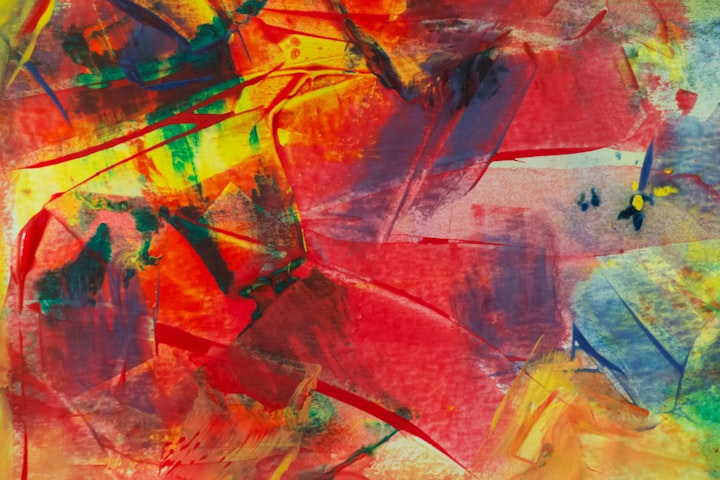Finding Your Voice
What Does Your Personal and Professional Creativity Looks Like?

Having a voice, expressing your own identity, being authentic, knowing yourself...
As our culture changes, and information is more readily available, more people know how to do specialized tasks. Especially with creative fields, the amount of people who have skills in video, painting, digital art, audio... you name it, is flooded. Though they are skills you can develop for a whole lifetime and still have more to learn, the knowledge is easily accessible and many people know and use those skills.
It can make it intimidating--maybe even paralyzing--to present work with those skills.
With that being said, it is becoming more crucial to create your own voice, style, and identity within those skills, rather than become an expert. Yes, it helps to know a lot about a skill to give you more options and control, but more and more audiences are looking for authenticity, creativity, and unique content.
Be authentic
Looking at comments on Youtube videos, Twitter posts, Instagram posts... whatever your poison, those with more comments will end up with people pretty much accusing them of stealing style from someone else. Maybe they are? Maybe they aren't? Maybe they just love it? Maybe it doesn't matter? None the less, creating a distinct brand is becoming paramount.
I know for me, saying 'creating a brand' is a little intimidating, and makes it instantly feel corporate, but in the end what it really means is:
- What vision of yourself do you want to project?
- What are your core values?
- What makes you happier?
It's not about crafting an idealized version of yourself, or masking your insecurities; it's about finding the value in what is more natural for you. How do you present that in an appealing way?
Here are some basic questions to ask yourself to establish your brand
This could mean trying different mediums you haven't used yet. Do you like presenting yourself in video form? Or just posts? Maybe you like telling a story in words? Maybe in words and pictures? Find what feels maintainable and desirable. Possibly, even implement what you admire in others.
This might change. For instance, last year for me, my three core important focuses were 'adventure,' 'free spirit,' and 'respect.' where the year before was 'hard-work,' 'development,' and 'self.' What did that look like in practice? Well, the year before the last I was regimented with myself, working on skills constantly, and processing what I wanted from myself and what was important to myself. This last year, that looks like focusing less on technical skills and trying new things and really focusing on respecting my own skills as well as looking to ways to support and work hard for others.
What do you like?
Integrating multiple interests can help bring in an audience. Maybe you love bugs, ballet, and food. Keeping those themes within your content (together or separate) is a way to develop a unique voice that feels genuine and keeps you creating without having to develop more skills to stand out.
What mood(s) do you want to convey?
Thinking deeply about how you want your work to be experienced can help guide a loose theme and direct your content.
What do you want your audience to feel and how do you want them to react?
Deciding what your answer is to this question, it doesn't only shape your work, but also how you present your work. Maybe even more importantly, it can make you step away even a bit from judging your own quality of work and focusing more on expression.
Who is your audience?
If you've looked into making a brand at all, you've probably heard of thinking who your audience is. Sometimes, it can feels disingenuous to try and achieve a voice that is a particular age group with particular interests. What I prefer to think of is:
Do I want my content for all ages? Does that matter to me? When I chat to people about my work, who do I enjoy the discussion with the most?
Audience can be more about who you want in your circle versus trying to force it into thinking of profitability.
In the end, for me it's important to not force art to be about profit and monetizing a passion. Before putting all your energy into trying to make art into your dream job, ask yourself
How can art make me happier?
If you find youself realizing you need to just make art for yourself and never post it on social media, there is no shame in that. You are allowed to keep a passion just a passion for yourself. In many cases, social media can just be used to help find community and keep that fire lit for creativity. At the same time, don't assume you aren't good enough to make art be larger in your life.
-Al T
About the Creator
'Toto' (Aleksina Teto)
A Canadian designer, writer, typographer, and artist.






Comments
There are no comments for this story
Be the first to respond and start the conversation.